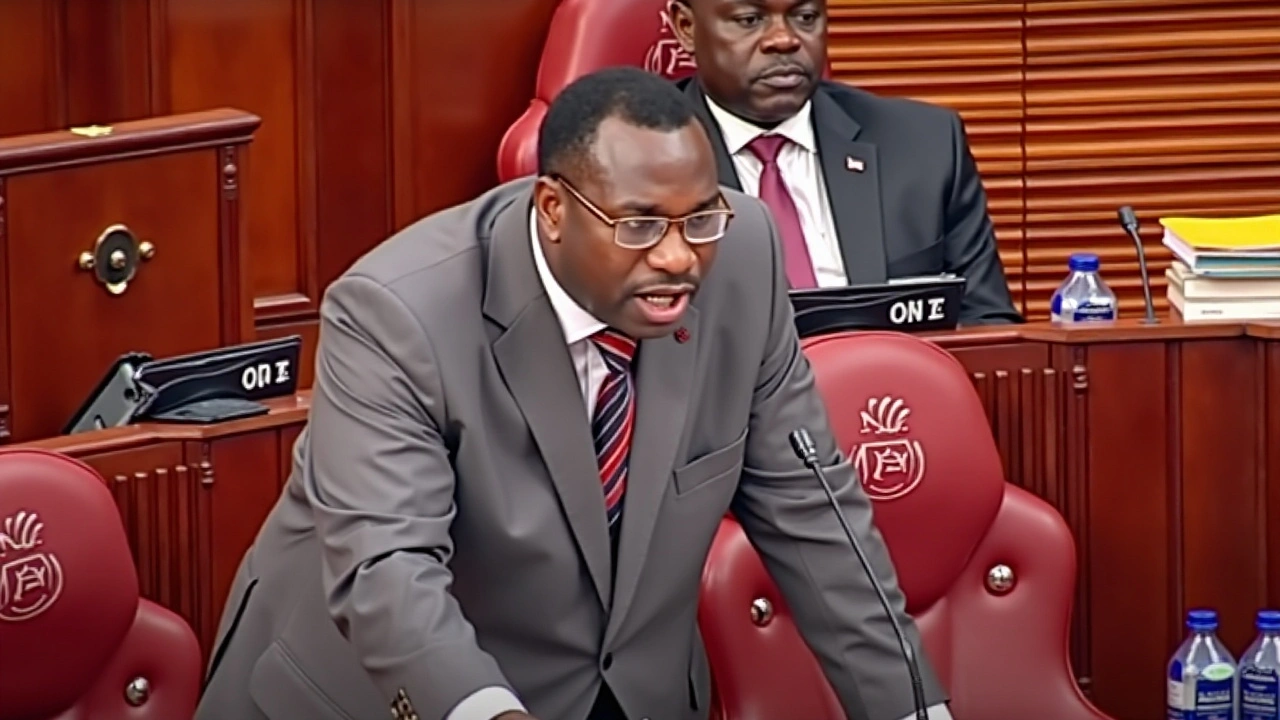Concession Bid: What You Need to Know Today
If you’ve ever wondered how a concession bid works or why some companies keep winning while others stall, you’re in the right spot. In this guide we’ll break down the basics, show you where to find the right opportunities, and give you straightforward tips you can start using right now.
How a Concession Bid Works
A concession bid is basically a formal offer to run a service or manage a resource that the government or a large organization owns. Think of it like renting a piece of public land to set up a hotel, or taking charge of a water supply system for a set fee. The key steps are simple:
- Spot the tender: Look on official procurement portals, local newspapers, or industry newsletters. The announcement will spell out what the authority wants and how they’ll pay.
- Read the requirements: This is where many bidders trip up. You need to match your experience, financial capacity, and technical plan to the checklist.
- Draft the proposal: Include a clear description of how you’ll deliver the service, a realistic timeline, and a cost breakdown. Keep the language plain – reviewers skim fast.
- Submit on time: Late submissions are automatically rejected. Set a reminder a day before the deadline.
- Evaluation and award: The authority will score each bid on price, quality, and compliance. The highest scorer gets the concession.
It sounds like a lot, but once you’ve done one bid you’ll see the pattern repeat. Most hurdles come from missing documents or vague financial guarantees.
Tips to Boost Your Chances
Winning isn’t just about offering the lowest price. Here are three practical tricks you can apply today.
1. Tailor your pitch. Use the exact terminology from the tender notice. If the document mentions “sustainable operations,” weave that phrase into your proposal and give a short example of how you’ll achieve it.
2. Show local impact. Authorities love bidders who create jobs or invest in community projects. Add a small section that outlines how many locals you’ll hire or what training you’ll provide.
3. Double‑check the numbers. Simple arithmetic errors can cost you the whole deal. Run every cost line through a spreadsheet, then have a colleague review it.
Beyond these, keep a file of past successful bids. Templates help you stay organized and reduce the time you spend on each new opportunity.
Remember, a concession bid is a partnership, not a competition. Treat the authority as a potential long‑term collaborator. Offer realistic service levels, be transparent about risks, and you’ll build trust that pays off in future contracts.
That’s the quick rundown. Keep this page bookmarked, refresh it for new tender alerts, and start polishing your next bid with confidence. Good luck!
Kenyan Senators are raising alarms over the rapidity and potential issues surrounding a feasibility study for the Jomo Kenyatta International Airport concession bid involving the Adani Group. They argue that such a swift process lacks transparency and may be influenced by powerful interests, risking the fairness and integrity of the decision. A thorough and transparent assessment is being urged.
More
